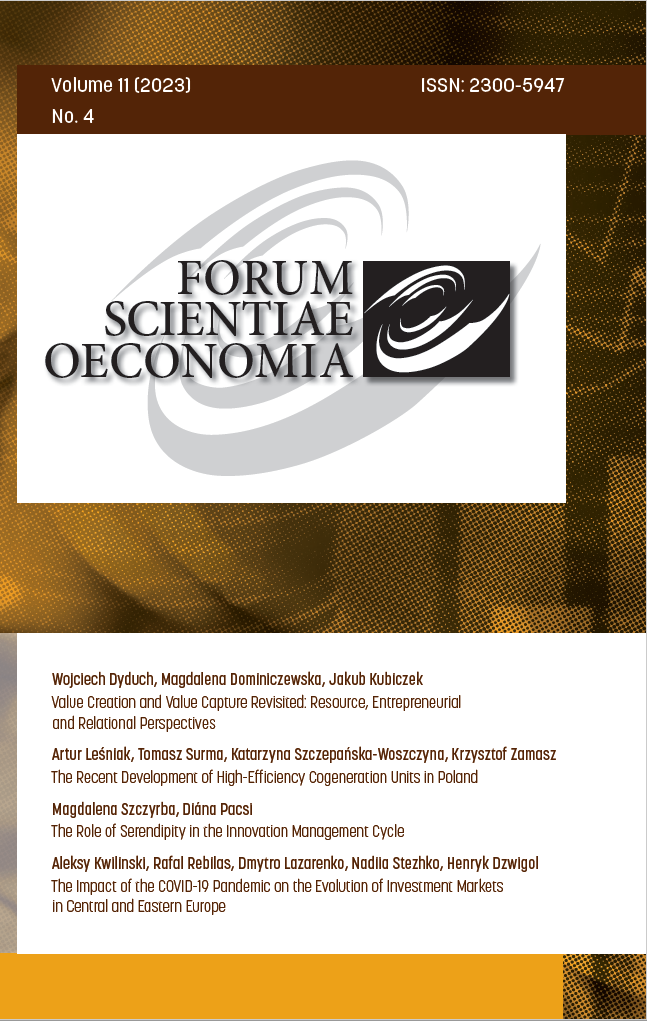The Long-run Response of Under-five Mortality to Corruption: Evidence from Nigeria
The Long-run Response of Under-five Mortality to Corruption: Evidence from Nigeria
Author(s): Nurudeen Abu, Ben Obi, Onyewuchi Amaechi Ben-ObiSubject(s): Corruption - Transparency - Anti-Corruption
Published by: Wydawnictwo Naukowe Akademii WSB
Keywords: Under-five mortality; corruption; Augmented ARDL; Nigeria;
Summary/Abstract: The importance of health to a nation and its citizens can-not be over-emphasised. Better health contributes to hu-man capital development and enhances labour produc-tivity, all of which promote economic growth. Reducing under-five mortality remains one of Nigeria’s major chal-lenges in the health sector and the country has achieved little in her fight against corruption. Despite the co-ex-istence of corruption and high under-five mortality in Nigeria, empirical research on the connection between these two undesirables is minimal. We evaluate the long-term response of under-five mortality to corruption in Nigeria by using an Augmented ARDL (AARDL) method to analyse quarterly data for the 2000-2021 period. There is an evidence of a long-term relationship between corrup-tion and under-five mortality alongside control variables including health expenditure, income growth and rural population, based on cointegration tests. The empirical results confirm that improving corruption control low-ers long-term under-five mortality. Furthermore, greater openness to trade and higher spending on public health reduce long-term under-five mortality, while a growing rural population contributes to it. Thus, we recommend measures that lower corruption to reduce long-term un-der-five mortality in Nigeria.
Journal: Forum Scientiae Oeconomia
- Issue Year: 11/2023
- Issue No: 4
- Page Range: 187-204
- Page Count: 18
- Language: English

